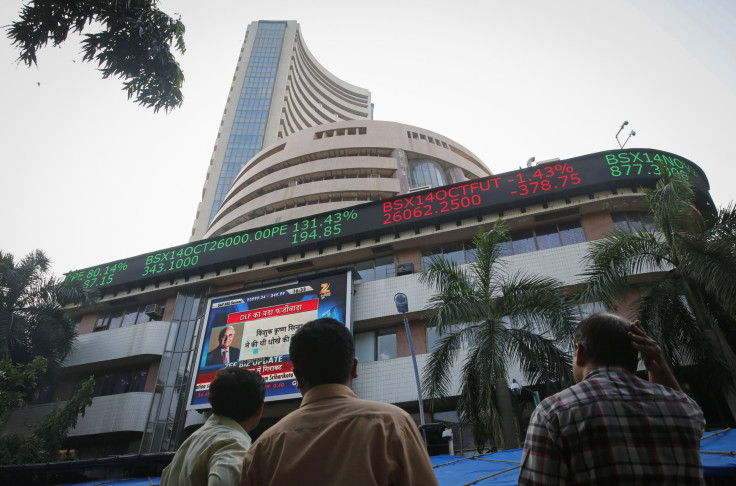India's Rapidly Cooling Inflation Supports Case For Rate Cut

(Reuters) - India's wholesale price index showed no increase in November for the first time in near 5-1/2 years as oil prices tumbled, building a case for the Reserve Bank to start lowering interest rates early next year to help prop up economic growth.
Asia's third-largest economy is recovering from the slowest phase of growth since the 1980s, having lost momentum in the last quarter which has raised calls from industry for more support.
Prime Minister Narendra Modi swept to power six months ago on a ticket to oversee a revival in an economy suffering a dearth of investment and slack consumer demand. He has pinned his hopes on rate cuts to help translate his election promise into a reality.
The wholesale price index (WPI) was flat in November against a year earlier, its lowest since July 2009, government data showed on Monday. That compared with a 1.41 percent rise forecast by economists in a Reuters poll.
Inflation dropped to zero mainly driven by a sharp decline in fuel prices, which fell an annual 4.91 percent last month - their first year-on-year fall since November 2009.
Monday's data comes days after India reported consumer price inflation in November had dropped to 4.38 percent, its lowest level since the government started releasing the data in 2012 and well below the Reserve Bank of India's (RBI) 6 percent target for January 2016.
"This number is definitely surprising," said A Prasanna, economist, ICICI Securities Primary Dealership in Mumbai. "This will augur well for inflation outlook...and strengthen the case for a rate cut at the time of February monetary policy."
Indian businesses have been pleading for a cut in interest rates, which are among the highest in Asia, to stimulate consumption in a domestic demand-driven economy.
Consumer goods output has grown in just two of the last 22 months. It fell an annual 18.6 percent in October, leading to the sharpest contraction in industrial output in three years.
Encouragingly, RBI Governor Raghuram Rajan held out prospects for a cut in the policy interest rate - set at 8.0 percent - early next year if inflation trends remained favorable and the government controlled its fiscal deficit.
Bolstering the rate cut prospect is a nearly 40 percent fall in global crude prices since July which has brought inflation down, lowered the import bill and reduced government spending on fuel subsidies.
Economic growth slowed to 5.3 percent in the July-September quarter from a 2-1/2-year high of 5.7 percent in the quarter ago, signaling it would be some time before the economy recaptures the 8 percent growth levels needed to create enough jobs for a rapidly expanding workforce.
© Copyright IBTimes 2024. All rights reserved.




















